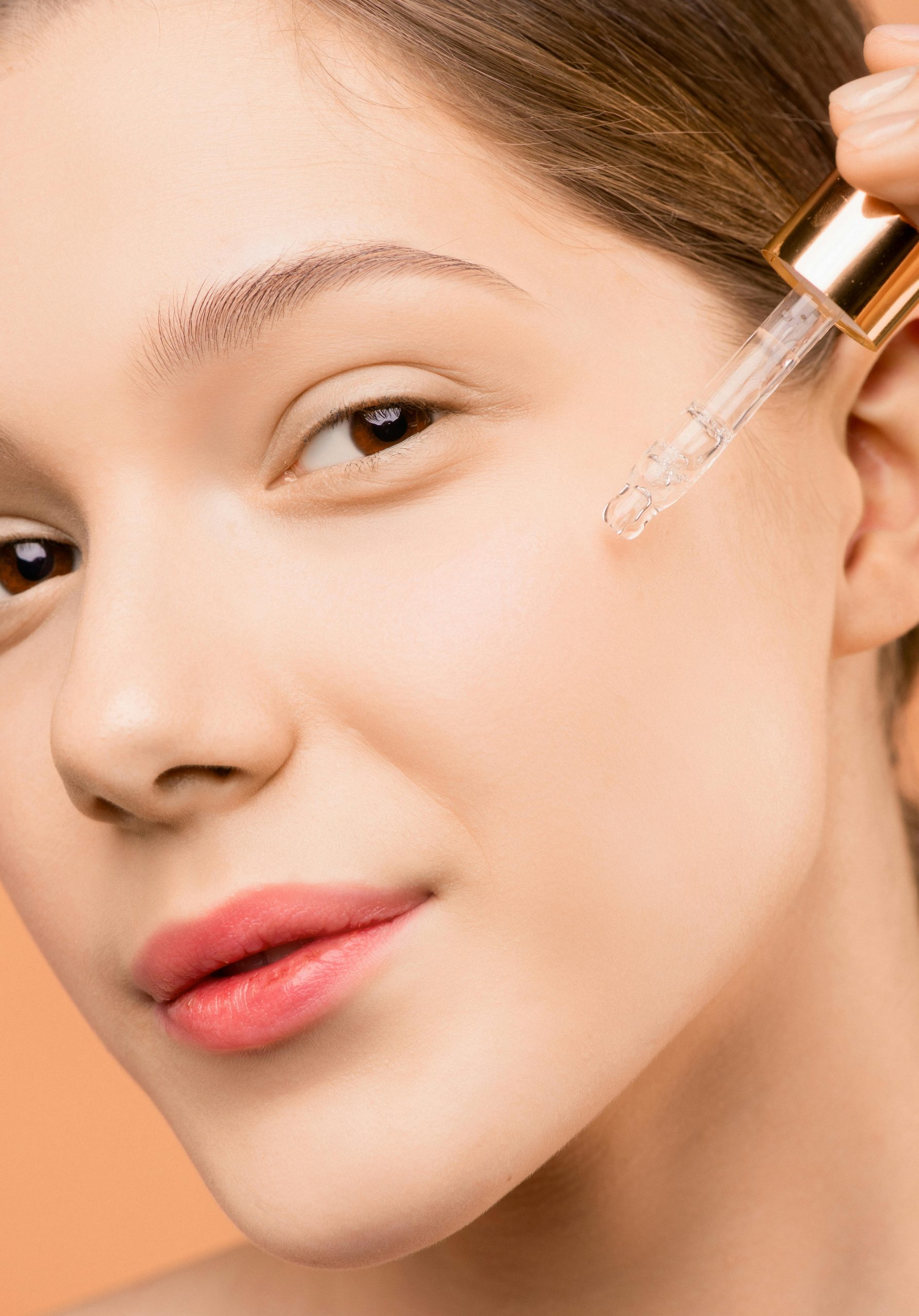The Ultimate Guide to Radiant Skin
The Ultimate Guide to Radiant Skin: Top Skin Care Tips for All Ages
Achieving and maintaining radiant skin is a goal shared by many, but it’s not always easy to navigate the overwhelming array of products, routines, and advice. In this ultimate guide to radiant skin, we’ll share top skin care tips for all ages, helping you achieve glowing and healthy skin no matter your age or skin type.
Understanding Your Skin Type For Radient Skin
The foundation of any effective skin care routine is understanding your skin type. Your skin type determines the kind of products and treatments that will work best for you. Here are the common skin types:
- Normal Skin: Balanced, neither too oily nor too dry.
- Oily Skin: Produces excess sebum, often leading to shiny skin and clogged pores.
- Dry Skin: Lacks moisture, often feels tight or flaky.
- Combination Skin: A mix of oily and dry areas, typically oily in the T-zone and dry on the cheeks.
- Sensitive Skin: Prone to irritation and redness, often reacts to specific ingredients.
Daily Skin Care Routine For Radient Skin

A consistent daily routine is key to achieving radiant skin. Here’s a simple yet effective regimen:
- Cleansing: Use a gentle cleanser to remove dirt, makeup, and impurities. Choose a product that suits your skin type to avoid stripping your skin’s natural oils.
- Exfoliation: Exfoliate 2-3 times a week to remove dead skin cells and promote cell turnover. Avoid harsh scrubs that can damage your skin.
- Toning: Apply a toner to balance your skin’s pH levels and prepare it for moisturizer. Look for alcohol-free formulas to prevent dryness.
- Moisturizing: Hydrate your skin with a moisturizer suited to your skin type. Even oily skin needs proper hydration.
- Sun Protection: Apply sunscreen with at least SPF 30 daily to protect your skin from harmful UV rays, which cause premature aging and other skin issues.
Nighttime Skin Care Tips
Your skin repairs itself while you sleep, so a nighttime routine is crucial. Follow these steps:
- Remove makeup thoroughly with a makeup remover or micellar water.
- Use a hydrating or repairing serum to target specific skin concerns like wrinkles or hyperpigmentation.
- Apply a heavier night cream or moisturizer to lock in hydration.
Skin Care Tips for Different Ages
In Your 20s:
- Focus on building good skin care habits.
- Use lightweight moisturizers and always wear sunscreen.
- Introduce antioxidants like vitamin C to protect your skin from free radicals.
In Your 30s:
- Incorporate anti-aging products like retinol to boost collagen production.
- Pay attention to hydration, especially if your skin starts showing fine lines.
In Your 40s and Beyond:
- Opt for richer creams to combat dryness and loss of elasticity.
- Consider professional treatments like chemical peels or microdermabrasion for more targeted care.
Common Skin Care Myths Debunked
- Myth 1: You don’t need sunscreen on cloudy days. UV rays can penetrate clouds, so sunscreen is a must every day.
- Myth 2: Oily skin doesn’t need moisturizer. Skipping moisturizer can lead to more oil production as your skin tries to compensate.
- Myth 3: Expensive products are always better. Many affordable products work just as well, if not better, than high-end ones.
Natural Skin Care Remedies
While commercial products are effective, natural remedies can complement your routine. Here are some simple options:
- Honey and Yogurt Mask: Hydrate and brighten your skin with a mixture of honey and plain yogurt.
- Aloe Vera Gel: Soothe irritation and moisturize with pure aloe vera.
- Cucumber Slices: Reduce puffiness and refresh your skin with cucumber slices on your eyes.
Importance of a Healthy Lifestyle
Your skin’s health reflects your overall well-being. Adopt these lifestyle habits for better skin:
- Stay Hydrated: Drink plenty of water to keep your skin plump and hydrated.
- Eat a Balanced Diet: Include fruits, vegetables, and omega-3 fatty acids in your meals.
- Get Enough Sleep: Aim for 7-9 hours of quality sleep to allow your skin to repair.
- Exercise Regularly: Physical activity improves blood circulation, delivering nutrients to your skin.
- Manage Stress: Chronic stress can lead to skin issues like acne. Practice relaxation techniques like meditation or yoga.
When to See a Dermatologist For Treatment Of Radient Skin
If you experience persistent skin problems like severe acne, eczema, or signs of skin cancer, consult a dermatologist. Professional advice can help you address these issues effectively.
Conclusion
The journey to radiant skin is a combination of understanding your skin type, following a consistent routine, and making healthy lifestyle choices. By implementing these top skin care tips for all ages, you can achieve glowing, healthy skin that boosts your confidence and enhances your natural beauty. Start today and let your skin shine at its best!
